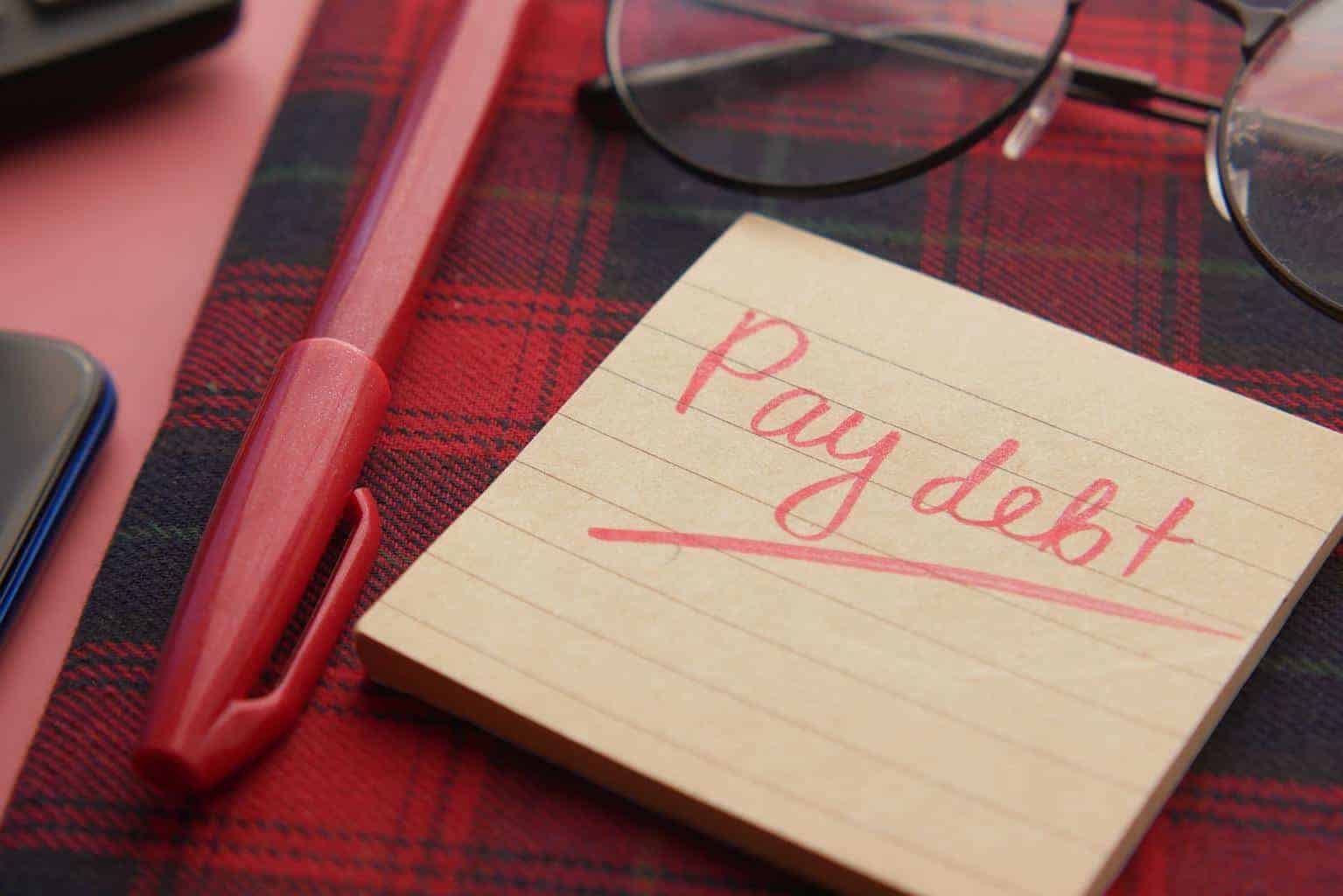Did you recently receive a collection notice in the mail for a bill you didn’t pay? Or maybe a debt collector called to notify you of a past-due balance with a creditor, service provider or other obligation? Either way, you’re in panic mode and have no idea what to do next.
Don’t fret. In this guide, you’ll learn more about debt collection and how it works, potential impacts on your credit health and how to deal with debt in collection.
What Is Debt Collection?
Debt collection refers to the actions taken by a debt collection agency or another third party to collect payment for an unpaid debt. It usually involves sending letters and phone calls to debtors from debt collectors with hopes of collecting what’s owed.
When Does Debt Go To Collections
It varies, but past-due accounts are typically sent to collections after a few payments are missed. However, it may not get reported as a collection account or charge-off to the credit bureaus until three to six months have passed. Different credit cards may have different timelines.
What Are Collection Agencies?
Collection agencies are third-party agencies that exist to help creditors, service providers and other organizations collect on delinquent accounts.
How Does Debt Collection Affect You?
Debt collection can have serious credit and legal implications for you.
How Debt Collection Affects Your Credit
Your credit could be negatively impacted before an account goes to collections. In fact, any account that’s delinquent for at least 30 days can be reported to the three credit bureaus – Experian, TransUnion and Equifax. Late payments linger on your credit report for up to seven years and could significantly impact your credit score.
Once a delinquent account is sent to collections, it could be reported as a collection or charged-off account, and your score could drop even more. The upside is your score will start to recover over time as you adopt responsible debt-management habits.
How Debt Collection Affects You Legally
The debt collector may sue you in court if payment is not received in a specific timeframe. If they win a judgment against you, the collection agency could garnish your wages, or take a percentage of your paychecks, to collect what’s owed. Or the debt collector could put a lien on your property.
How To Deal With Debt In Collections
Now that you understand how debt collection works and the potential negative consequences, the next step is to decide on a strategy to resolve your outstanding balances.
First, you want to confirm the debt is your responsibility. Send a dispute letter within 30 days of the initial contact, and await a response from the debt collector. By law, they are required to cease all collection activity until they can provide tangible proof that you owe the debt. If they cannot prove that the debt is yours, the collection agency has no right to collect from you, and the collection letters and phone calls must stop.
Pay the Debt In Full
Ask the debt collector to delete the account in exchange for payment. If they agree, be sure to get it in writing. Otherwise, you could explore other debt relief options. Paying in full looks better on your credit report than a partial payment. But it still could negatively affect your credit score for some time.
Negotiate A Settlement
Request a settlement offer with the collection agency. Some will agree to accept less than what’s owed and still delete the negative entry from your credit report. But what’s most important is that you only offer a settlement amount that you can afford to pay.
Request A Payment Arrangement
If you can’t afford to pay what you owe in a lump sum or the collection agency won’t accept a settlement offer, ask for a payment plan that works for your budget. You may have luck settling the balance after several payments have been made.
Check the Statute Of Limitations
The statute of limitations refers to the time during which you can be pursued for unpaid debt. It varies by state and can sometimes be reset when you make a partial payment on the debt.
Frequently Asked Questions About Debt Collectors
Debt collectors are governed by the Fair Debt Collection Practices Act (FDCPA) and state laws that vary. However, they are prohibited from employing unfair, abusive or deceptive practices when attempting to collect debts from consumers.
Paying off debt in collections doesn’t guarantee that your credit score will increase. In fact, you can expect it to stay the same, but it could increase slightly if the debt is “paid in full” and not “settled.”
It’s better to pay a debt in full if the collection agency doesn’t agree to a pay-for-deletion. But if they’re willing to settle for less than what’s owed and delete the collection from your credit report, it could be sensible to settle.







